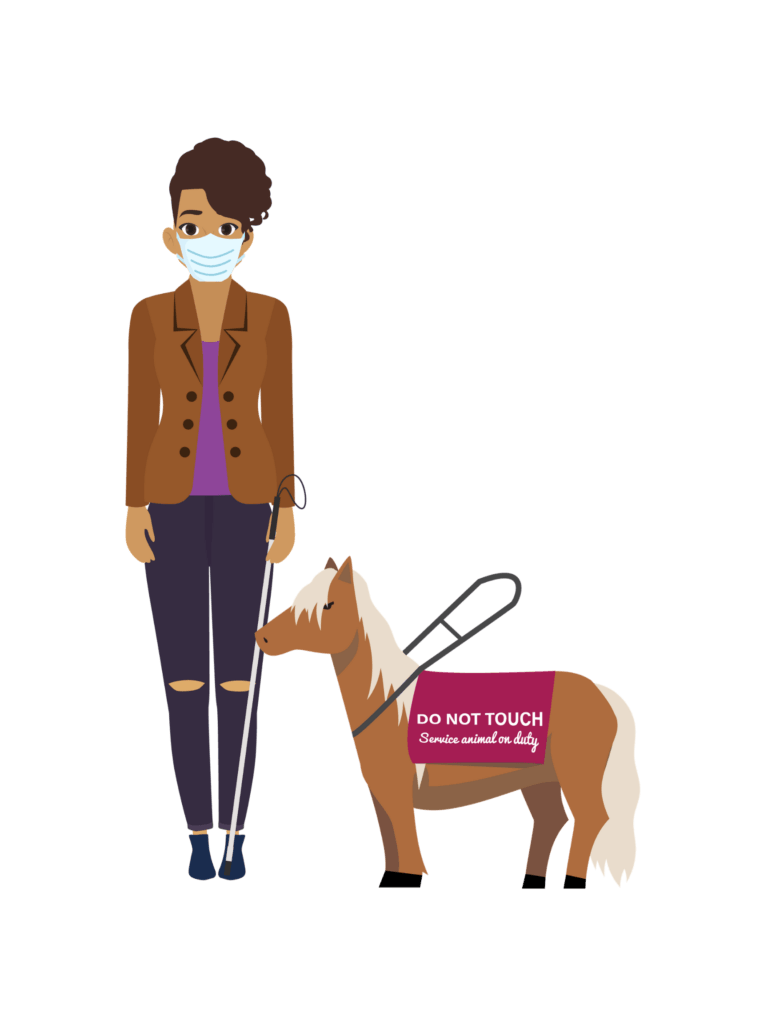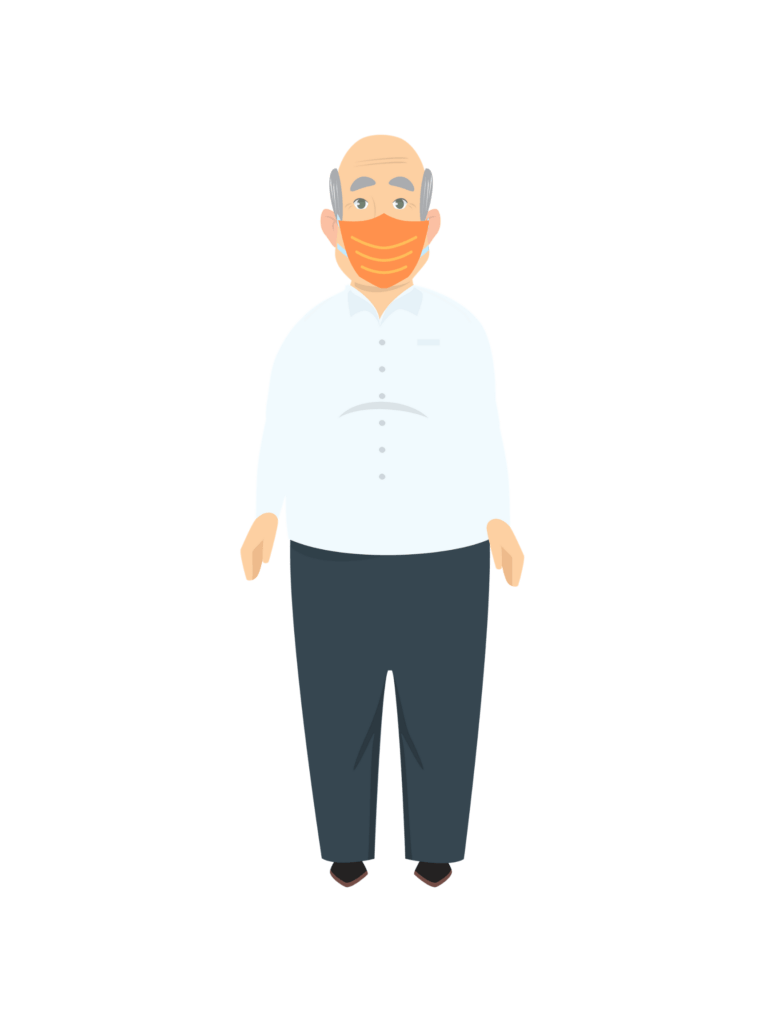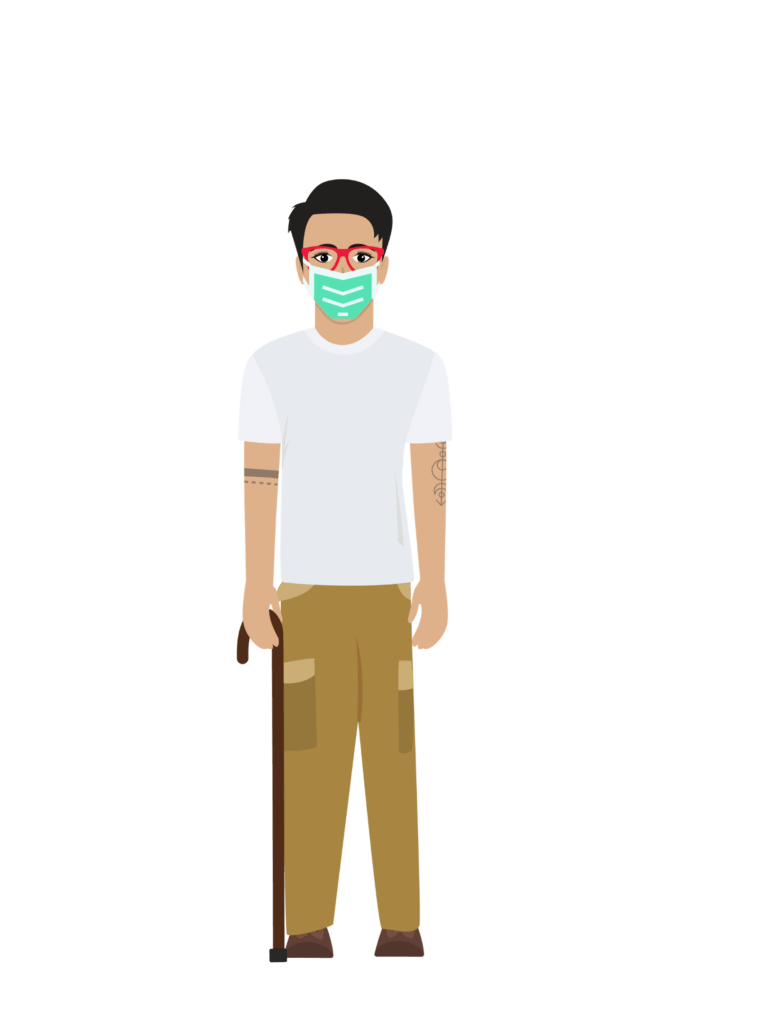Thanks for Visiting Disasterville Again _review


Carrie: Well, Terrye, you’ve done it. Eight visits to Disasterville! We’ve talked about the American emergency management “system of systems” and local emergency planning. You’ve explored the Prepared4ALL process. You’ve seen examples of Prepared4ALL in action. We talked about planning for a COVID-19 testing site and vaccine Emergency Dispensing Site (EDS).
We’ve talked about “whole community” planning and the Americans with Disabilities Act (ADA). Title II of the ADA requires county, city, and town governments to provide equal access, inclusion, and equity in local emergency services, including COVID-19 testing and vaccination. Involving people with disabilities in the planning process and ongoing planning are the best ways to achieve access, equity, and inclusion.

EM: We reviewed the “functional and access needs” concept and the “C-MIST” framework which are ways of thinking about the needs of people with disabilities and others during a disaster or pandemic.
We’ve also talked about topics that emergency and public health preparedness planners may not know. For example, they may not understand local disability demographics. They may not know about negative experiences people with disabilities have had during disasters or COVID-19. Planners may not understand program and physical access or effective communication.

PJ: Terrye, you’re ready to return to Tornado Gap. Now you can use the Prepared4ALL process to develop a coalition to engage and collaborate with the local emergency and public health preparedness planners. Job well done! And you know you’re welcome back any time for a review of what you’ve learned here.

Carrie: Before you go home, Terrye, there are a few things you need to do.
• Download the Prepared4ALL Resource List: This is a list of the resources we talked about during your visits here plus other key information.
• Download the Prepared4ALL Active Planning Workbook, if you haven’t already.
• Download the Prepared4ALL Kick Start Directory tool, if you haven’t already.
• Complete Survey: We’re going to ask you questions based on your Disasterville visits. Your input will help improve the experience for the next group of visitors.
